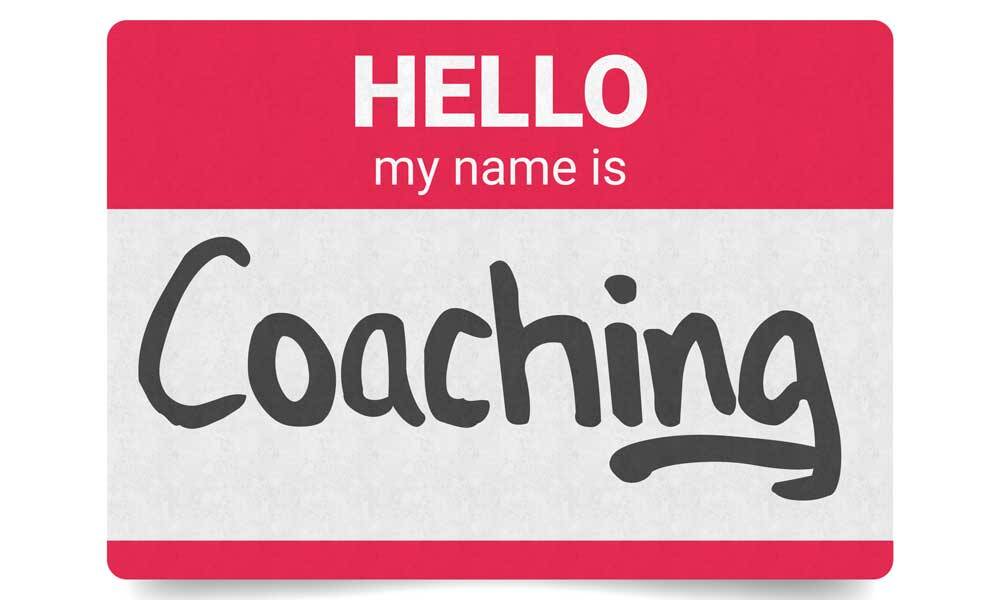
The Big Restructuring Behind a Small Name Change
The International Coach Federation is now the International Coaching Federation. Behind that modest tweak was a substantial conversation about how ICF can best lead its industry.
What’s in a gerund? Last month the International Coach Federation announced that as part of its 25th anniversary celebrations, it had changed its name to the International Coaching Federation. A small change, it would seem, but the path to that -ing took three years and a lot of sober discussion about ICF’s direction.
According to ICF CEO and executive director Magdalena Mook, the move was the result of its observations of ongoing changes in its industry. Though there has always been a robust core of professional coach practitioners who do life and career coaching around the world, she says, ICF was missing consultants, advisors, and internal staffers that the association could also serve. That was particularly true outside of North America: In Asia, the Middle East, and Africa, ICF was noticing growth in coaching activities among staff within organizations, a dynamic that ICF hadn’t been reaching.
“We observed that the coaching was market changing, that coaching was being accepted and utilized in corporations and most more recently in the social sector,” she says. “We were touching upon very important pockets in the coaching market, but we were not very actively present there.”
What you might call pushback, others might call due diligence.
Of course, a name change alone isn’t enough to draw in new potential members and customers. That’s just the end result of a strategic process that led to ICF restructuring itself as six distinct organizations: the membership organization and foundation that previously existed, with new groups focused on credentialing, accreditation, and attracting coaching-adjacent professionals to the fold through its Coaching in Organizations group. (“The credentialing and accreditation of training programs already existed as functions within ICF, but they now will receive a much greater focus,” Mook says.)
The board naturally had questions about the restructuring plan. More precisely, it had three years’ worth of new board members to brief about it. Mook cautions patience for such changes, and to anticipate criticism.
“What you might call pushback, others might call due diligence,” she says. “The questions coming from the board were good questions. We as staff had to be patient and not respond, ‘Oh, how can’t they see that?’ They can see that. But they also have to be able to explain it to the members.”
The change has demanded an increase in resources, Mook says, especially in terms of marketing as ICF plans to reach out to new communities. But the change involves more than staffing; it means that she’s had to lead to adjust the staff’s mindset to ensure that everybody is thinking more holistically about ICF’s goals.
“We now operate much more on the basis of specific initiatives or projects than department by department,” she says. “If you’re part of the marketing department, you need to support research. It was a mindset shift to apply more systemic thinking to what we do and to look more from the perspective of the impact we want to make rather than the processes.”
Under its new structure, ICF hopes to break even or reach profitability in three years, and Mook is confident that it can reach that goal. And from her perspective, the shift represents the organization staying true to its original goals to support not just a particular profession but an ecosystem of professionals.
“We are getting back to our roots by saying it’s not just about the coach, it’s about the whole coaching field,” she says. “We have a responsibility to engage with the whole field if we are serious about getting closer to accomplishing our goal to make coaching an integral part of a thriving society.”
(Associations Now Illustration)






Comments